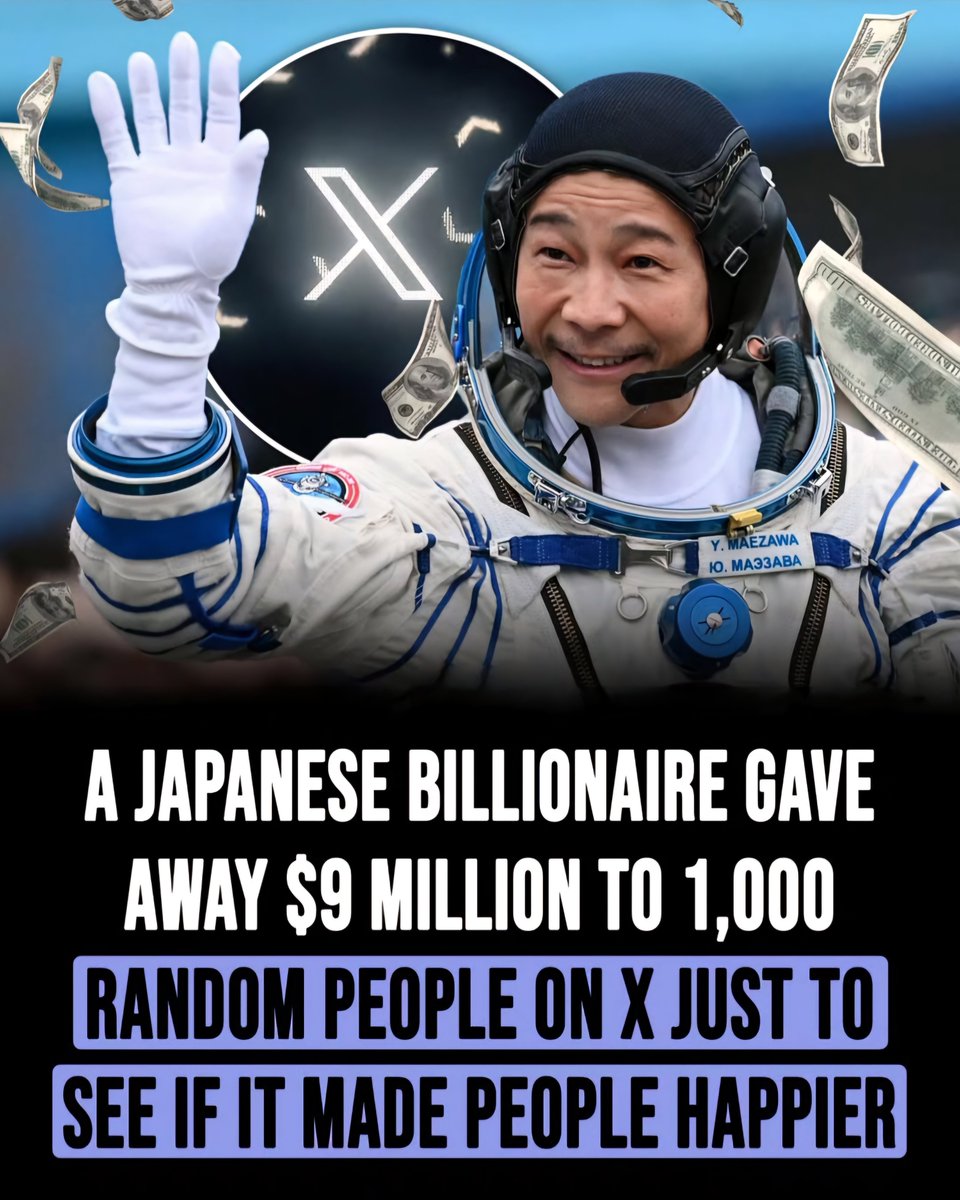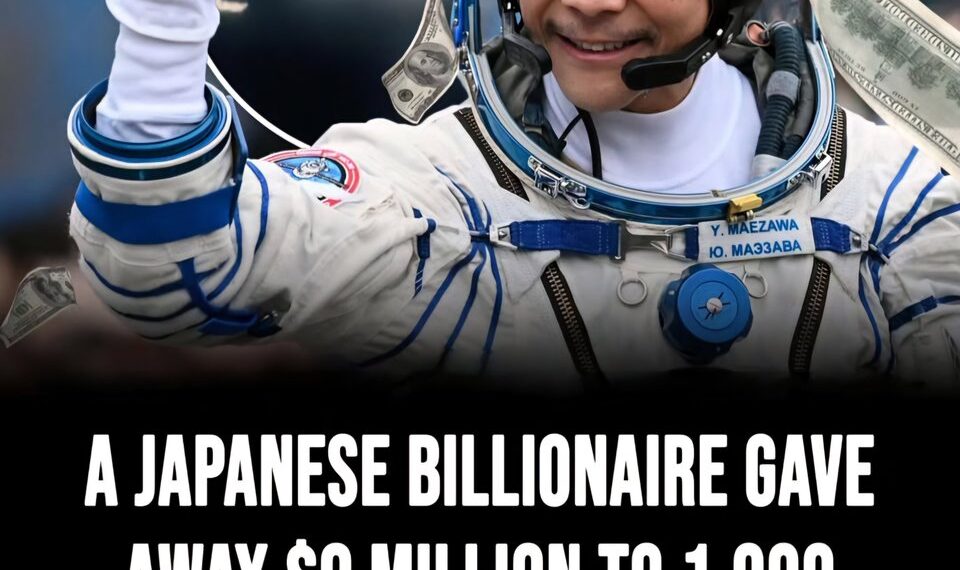Select Language:

1. Yusaku Maezawa’s Bold Social Experiment
In 2020, billionaire Yusaku Maezawa shocked many by using his wealth in an unconventional way. When Twitter was still called Twitter, Maezawa distributed approximately $9,000 to 1,000 randomly selected individuals. This wasn’t just a random act of kindness; it was a carefully planned social experiment aimed at understanding the true impact of sudden cash infusions on people’s lives. Maezawa wanted to discover whether giving people money could genuinely improve their mental health and happiness levels.
2. What Did the Participants Experience?
After receiving the money, participants were surveyed to track how their mental health and stress levels changed. Many reported feeling less stressed and more hopeful about their futures. Some used the money to pay off debts or cover essential household expenses, while others invested in small businesses or pursued personal passions. The overall trend showed a positive shift in emotional well-being, sparking discussions about economic policies and universal basic income (UBI).
3. The Purpose Behind the Giving
Maezawa described this initiative as a “serious social experiment,” emphasizing that the goal was to explore the potential benefits of guaranteed income on happiness. The results indicated that even a one-time cash gift could make a significant difference in someone’s mental health, reducing anxiety and building new opportunities for economic mobility. His experiment prompted debates worldwide about whether society should adopt more radical approaches such as UBI.
4. The Global Conversation Sparked
The experiment quickly gained international attention, fueling conversations about social safety nets and the importance of financial security. Many experts and policymakers debated whether widespread implementation of similar programs could lead to a more equitable and productive society. Maezawa’s experiment challenged traditional views on wealth distribution, sparking a new wave of interest in innovative social policies.
5. Investing or Spending — What Would You Do?
The question remains: If you had received $9,000 unexpectedly, would you have invested in your future, started a business, or simply enjoyed a personal splurge? Maezawa’s recipient stories ranged from debt relief to new ventures, illustrating how money can serve different purposes depending on individual priorities. His experiment underscores that money, when used thoughtfully, can alter lives for the better in unexpected ways.
This bold experiment by Yusaku Maezawa continues to influence discussions on wealth, happiness, and social equity. Might such initiatives pave the way for broader societal change? Only time will tell, but Maezawa’s generous gesture is a reminder that sometimes, a simple act of giving can spark profound change.





